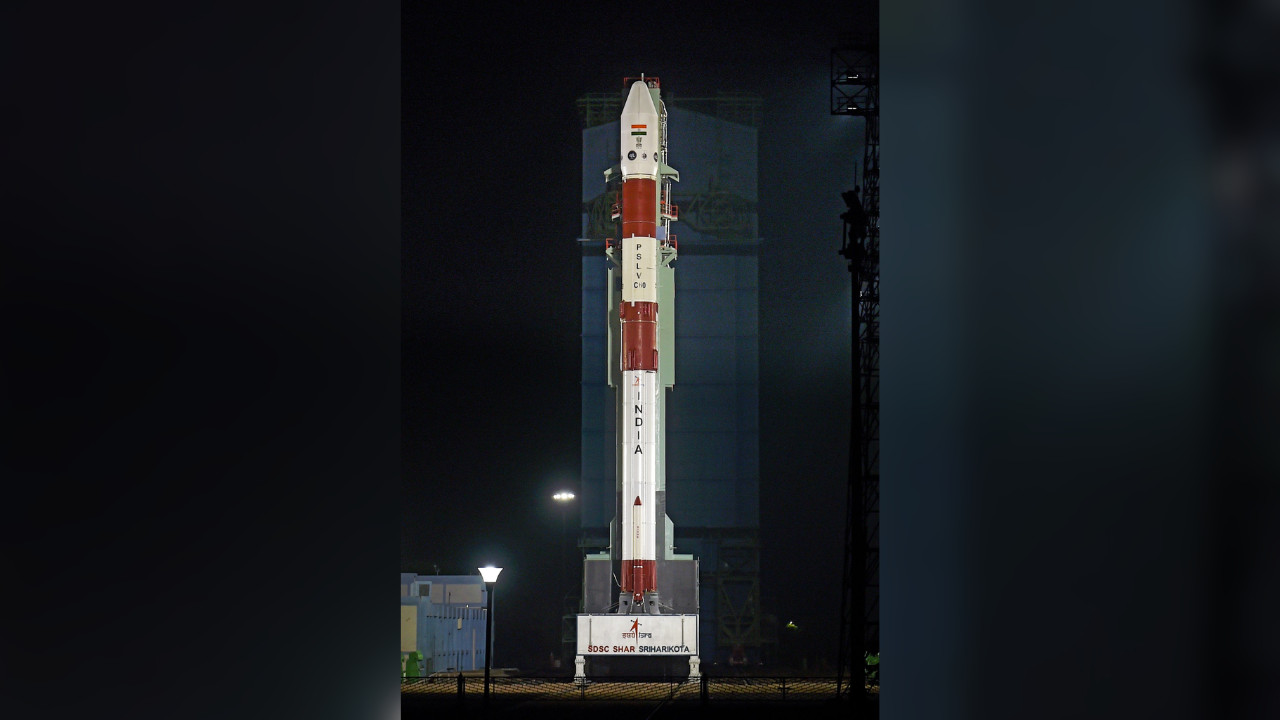
ISRO (X/ @ISRO)
New Delhi: The Indian Space Research Organisation (ISRO) has successfully launched its Space Docking Experiment (SpaDeX) aboard a Polar Satellite Launch Vehicle (PSLV) from the Satish Dhawan Space Centre in Sriharikota on Monday. This mission marks a significant milestone in India's space exploration efforts, aiming to demonstrate in-space docking technology using two small spacecraft.
The SpaDeX mission serves as a cost-effective technology demonstrator designed to showcase the capabilities of rendezvous, docking, and undocking between two small spacecraft—designated as SDX01 (the Chaser) and SDX02 (the Target)—in a low-Earth circular orbit. The spacecraft were developed by the UR Rao Satellite Centre (URSC) with contributions from various ISRO centers, including VSSC, LPSC, SAC, IISU, and LEOS.
ISRO emphasized that the SpaDeX mission presents unique challenges due to the smaller size and mass of the spacecraft, which require precise maneuvers for successful docking. "In addition, SpaDeX... is even more challenging due to the finer precision required for the rendezvous and docking maneuvers compared to docking two large spacecraft," stated ISRO. This mission is expected to pave the way for autonomous docking technologies essential for future lunar missions like Chandrayaan-4, which will operate without Earth-based GNSS support.
Future Aspirations
The SpaDeX mission is seen as a precursor to ISRO's ambitious plans to establish its own space station by 2035. The PSLV rocket, standing at 44.5 meters tall, carried two spacecraft weighing 220 kg each, which will facilitate advancements in space docking, satellite servicing, and interplanetary missions.
Initially scheduled for lift-off at 9:58 PM on Monday, the launch was rescheduled to 10 PM. While ISRO did not provide an official explanation for this change, it did not affect the overall success of the mission.
By mastering space docking technologies through initiatives like SpaDeX, ISRO aims to enhance its operational flexibility and broaden its mission capabilities. In addition to this mission, ISRO has configured the fourth stage of the PSLV rocket as the PSLV Orbital Experimental Module-4 (POEM-4), which will carry 24 small payloads—14 from ISRO and 10 from academic institutions—into various orbits over a span of 90 minutes post-launch.





Copyright © 2026 Top Indian News
